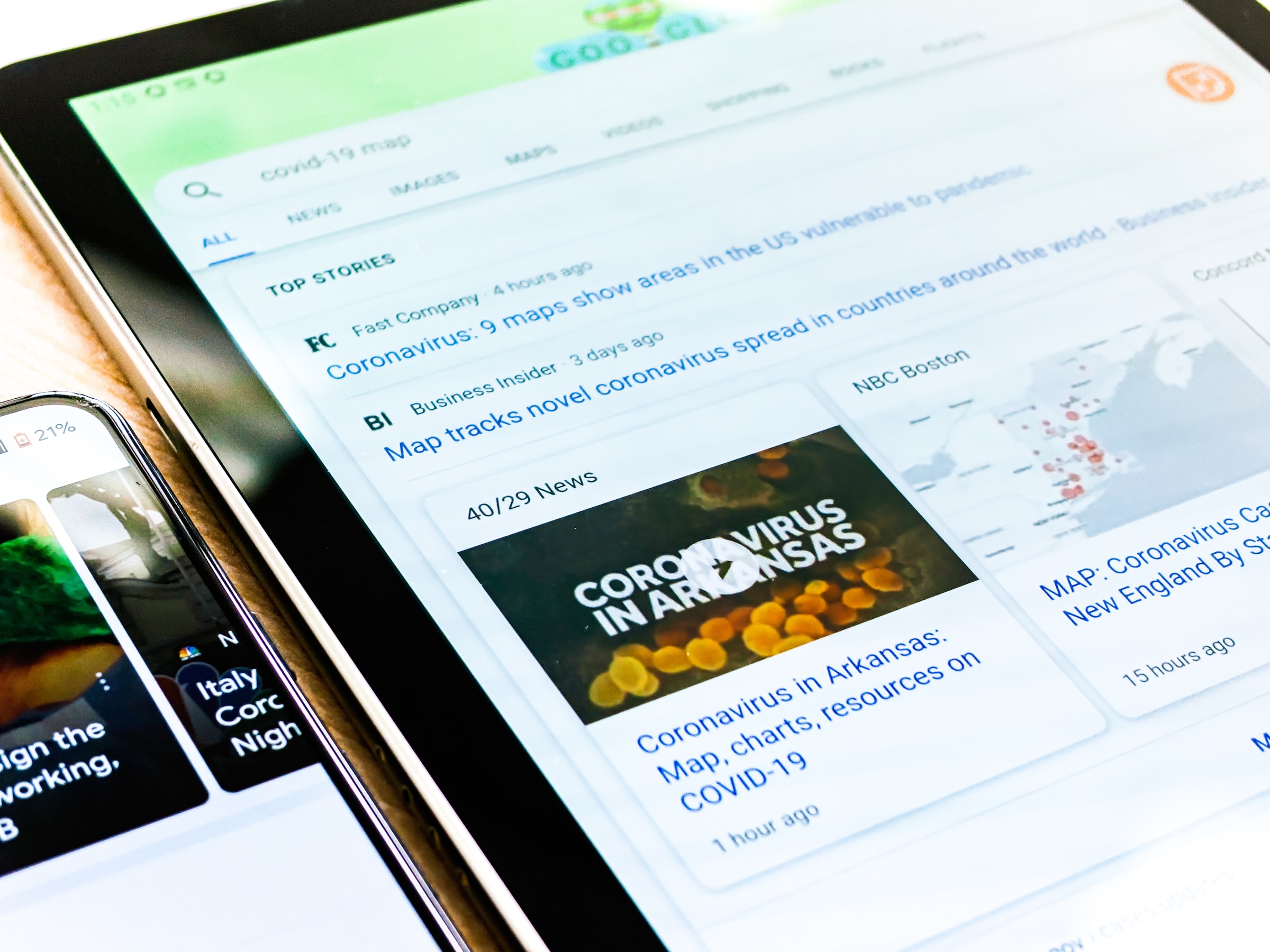Making Big Tech Pay For News: What Can We Learn From Spain?
Meta made headlines recently by saying it would drop Canadian news from both Instagram and Facebook after the Liberal Canadian Senate passed the C-18 bill which would require Google and Facebook to pay for news distributed on both platforms.
The bill has been controversial, with some publishers arguing that it only benefits the large media houses at the expense of small digital only outlets. That’s a story that has been told around the world but the truth is more complicated. As well as the Murdoch press, small outlets in Australia did benefit. Indeed, the Canadian bill– modeled on Australia’s News Media Bargaining Code which was passed in spring of 2021– has funneled more than US$140 million each year into the Australian news media.
Because interest in the code has spread, with similar bills up for discussion in the US, Canada and Brazil, Google has quietly threatened to drop local news in Italy and other countries where discussion of similar bills has taken place. In Brazil, the Supreme Court ordered an investigation of Telegram and Google after Google interfered with search in order to provide campaigning messages against the bill.
In Australia, Facebook temporarily blocked news before the Code was passed– earning ire for dropping local news during the Covid 19 pandemic and the bush fires– but backed down. In Canada, Google “practiced” dropping news in February this year.
It’s a game of brinkmanship as the platforms try to flex their muscles in these markets and the threat “backfired” in Australia, says Rod Sims, the former competition commission chair who designed the Australian Code.
Here in Spain, there are lessons to be learned from Spanish publishers who learned the hard way how to cope with being dropped by Big Tech.
In 2014, Spain’s main publishers’ association lobbied the government to introduce the so-called “Google tax,” modifying the existing Intellectual Property law to require news aggregators to pay news publishers for linking to their content. The money earned from licensing fees was to be paid to all publishers through a collective rights mechanism managed by a third entity. All the Spanish outlets would have gotten a share, both large and small.
“This law was considered the best approach for a majority of European publishers,” says Luis Enríquez, current CEO at Vocento and the president of the publishers association when the law was passed. And he adds, “it became the worst communications problem Google ever faced.”
In response to the new law, Google decided to close its news division, Google News, which meant that links to all Spanish news were excluded from its news aggregator, joining Denmark, which had not been part of Google News in the first place for the same reason.
The change to Spanish law sparked a division amongst the Spanish publishers. Digital natives opposed the licensing fee, arguing that it would undermine the existing traffic to their websites as they relied on Google News for traffic. But when the licensing fee didn’t happen the small publishers were still hit. A study commissioned by the small publishers association showed a year later a decrease in traffic of 2.5% for large media and a decrease of 15% for medium or small media outlets.
Today the large Spanish publishers say that being dropped from Google News didn’t have a big effect on their business. Some publishers we spoke to said the measure was revenue neutral. Others said publishers benefited from having more control over their relationships with their readers and advertisers.
Google News was restored in Spain in 2022, after an eight-year hiatus. This came about because in the legislative process for the implementation of the EU copyright Directive, the Spanish current government amended the 2014 clause to allow media outlets to negotiate directly with the tech giant.
Publishers are now signing up to US$2m bilateral deals with Google for its Google News Showcase service. Those we spoke to agree that Google should be paying them much more while some say the current deals for the Showcase service are better than nothing.
Instead of Google News in 2017, Google opened Discover, a personalized news feed, which drives traffic but some publishers say promotes clickbait and doesn’t help revenue.
For this reason, some publishers still think that losing the Google tax has been disastrous for the news industry, particularly since many feel that Discover is even worse. Had the Spanish publishers united in support of maintaining the Google Tax they might, instead, be enjoying a direct relationship with readers and advertisers.
José Antonio Sánchez, founder and CEO of El Confidencial, the largest digital native, says the lesson is to rely on direct traffic that is not filtered through search. “I only believe in frequent, loyal readers who visit our site directly, not via Google.” He definitely agrees that publishers need to unite against the big tech. “The pioneering Spanish law of 2014 could have made a huge impact if the publishers had been united.”
Perhaps this is the best lesson to learn from the Spanish example: publishers need to unite and negotiate hard to get fair payments from the platforms that benefit from circulating news. While bargaining codes are not perfectly designed, the case of Spain suggests that they are likely better to support quality journalism than the alternative.
Dr. Anya Schiffrin is a senior lecturer at Columbia University’s School of International and Public Affairs and writes regularly on bargaining codes. Dr. Elena Herrero-Beaumont is an expert in the governance of news media and the founder of Madrid-based Ethosfera.
Photo by Obi – @pixel7propix on Unsplash (Unsplash+ license)

